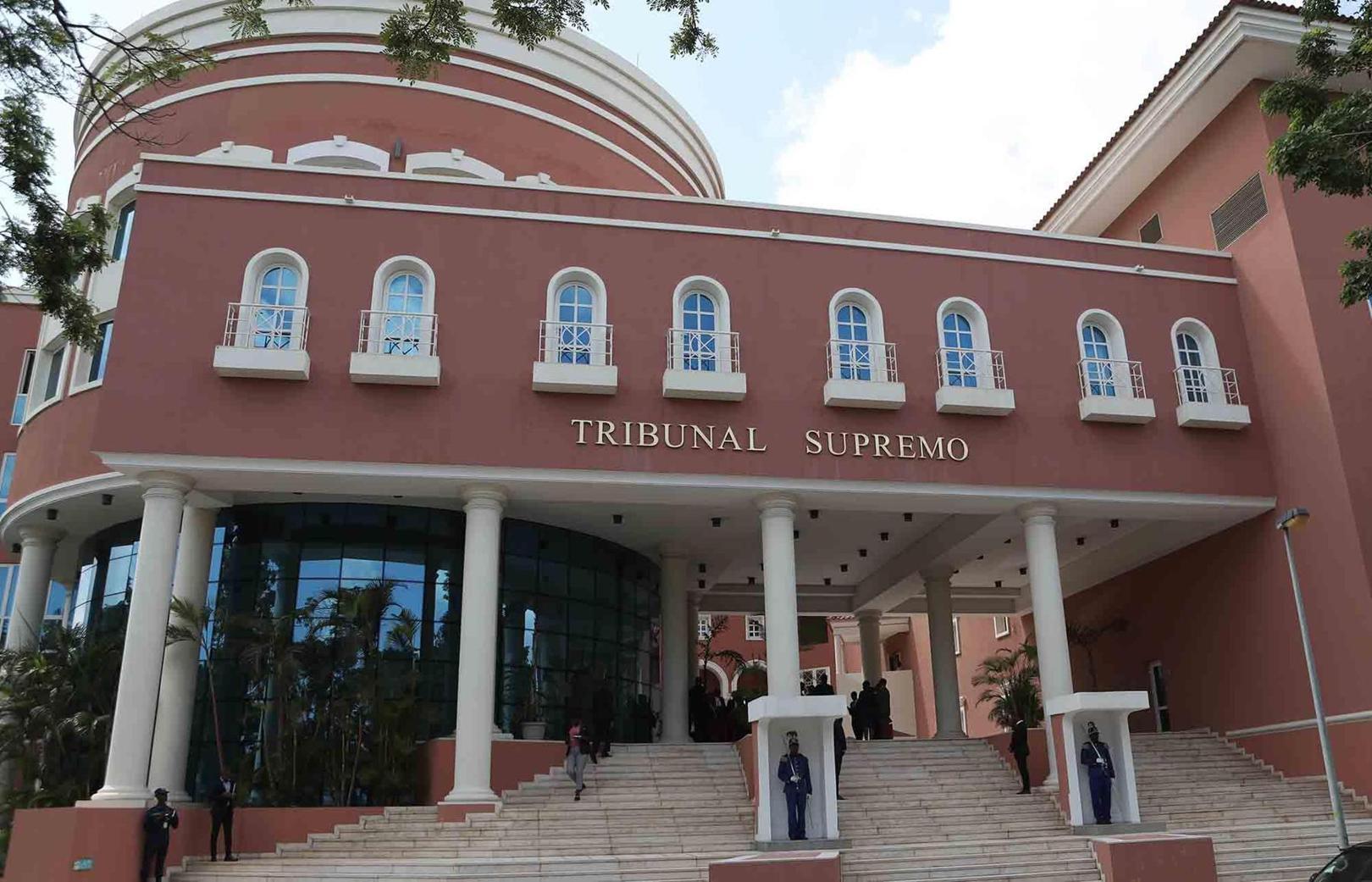Africa-Press – Angola. The judge of the 2nd Criminal Chamber of the Supreme Court, Anabela Valente, rejected, yesterday, in Luanda, the requests to annul the majority of the crimes against generals Manuel Hélder Vieira Dias Júnior “Kopelipa” and Leopoldino Fragoso do Nascimento “Dino”, the lawyer Fernando Gomes and the Chinese citizen Yiu Haiming, of which they were accused and indicted.
The court understands that the requests presented by the defendants’ lawyers as preliminary issues go far beyond this quality because they allegedly deal with matters of law. According to the judge, only at the end or after the production of evidence can it be decided whether or not the elements constituting the legal type of the offences attributed to the defendants are present.
The issue at hand is the fact that the lawyers claimed that the Public Prosecutor’s Office made an “erroneous classification of the crime of fraud by defraudation” and that there was a total absence of elements that point to the crime being committed by the defendant Fernando Gomes dos Santos.
The same applies, according to the lawyers, to the accusation of the practice of the crime of money laundering against the companies Plasmar International Limited and Uterright International Limited, due to the alleged lack of an underlying illicit act generating profits that would justify it.
It should be noted that these two companies, as collective entities, were listed as defendants alongside China International Found (CIF) Angola. “If we were to rule on these issues, it would be premature judgment and a clear violation of several constitutional principles, namely the principle of legality and fair and equitable trial, requiring the latter to correctly weigh up all the evidence produced for a decision that is naturally intended to be fair,” explained the judge.
When addressing the amnesty and statute of limitations for the crimes allegedly committed by Generals Kopelipa and Dino, Anabela Valente stated that amnesty is a legal act aimed at the majority of people. Therefore, it is based on an objective criterion, insofar as it refers to the type of crime and does not take into account the quality or quantity of individuals who committed it.
“In the case at hand, this Court understands that the crimes imputed to the defendants cannot, in any way, be considered amnestied,” he stated.
2020 proxies could “frame” generals
To justify her decision, the presiding judge pointed to the fact that Generals Kopelipa and Dino signed, on 6 and 9 June 2020, documents in which they transferred all the powers that had been delegated to Mr Samora Borges Sebastião Albino by the shareholders of the company Priority, Sociedade Gestora de Participações Sociais, SA, the previous owner of IF, Investimentos Financeiros. Through this act, General Kopelipa became the holder of an irrevocable power of attorney, issued by the shareholders of the aforementioned companies, to represent it, whereas the same had previously been done in favour of General Dino. In the court’s view, these were the last acts of criminal conduct committed by the two defendants.
“As we are dealing with ongoing crimes, with the date of the last act, that is, June 2020, the application of Law No. 11/16, of August 12, escapes, because the facts are later”, he stressed, referring to the law that covers all non-blood crimes that were committed from November 11, 1975 to November 11, 215, whose criminal framework is less than 12 years.
The presiding judge explained that a continuing crime consists of committing several crimes with the same purpose and, consequently, is punished as a single crime. In this case, the date of the last act is the starting point for counting any time limit.
Allegedly outside the 2016 and 2022 Amnesty Laws
In your view, what will remain is the possible application of Law 35/22, of December 23 (Amnesty Law), which only covers all common crimes punishable by a prison sentence of up to eight years, committed by national or foreign citizens, in the period from November 12, 2015 to November 11, 2022.
However, Anabela Valente stressed that this law does not cover the crimes of embezzlement, abuse of power, influence peddling, money laundering and document forgery. It also determines that repeat offenders and perpetrators of crimes who are in a situation of effective concurrence of offences should not enjoy this privilege.
“Since there is a competition, none of the crimes referred to by the distinguished representatives are subject to amnesty, so there are those who grant the request in this specific case”, he stressed.
Regarding the statute of limitations for some crimes, the judge explained that the grounds for the statute of limitations are directly linked to the principles of legal certainty, stability of legal relations and efficiency of criminal justice. The judge said that the statute of limitations is a legal institution that determines the maximum period within which the State can exercise its right to punish or execute a sentence imposed. “In the case at hand, the statute of limitations cannot be argued, since the criminal conduct of the defendants and the legal assets that were violated refer us to the concept of a continuing crime”, she stressed.
Using the ruling, he supported this position by invoking the indication that the criminal behavior began in 2008 and was completed on June 6 and 9, 2020.
On the other hand, the judge reported that the panel of judges decided to maintain the coercive measure applied to the defendants, being freedom under terms of identity and residence, considering that the individual right to freedom, which in this case, is not restricted, but restricted. “It must be exercised appropriately and in accordance with the entire community, under penalty of, if in conflict, the latter prevailing, that is, the right of the community”.
angola24
For More News And Analysis About Angola Follow Africa-Press






